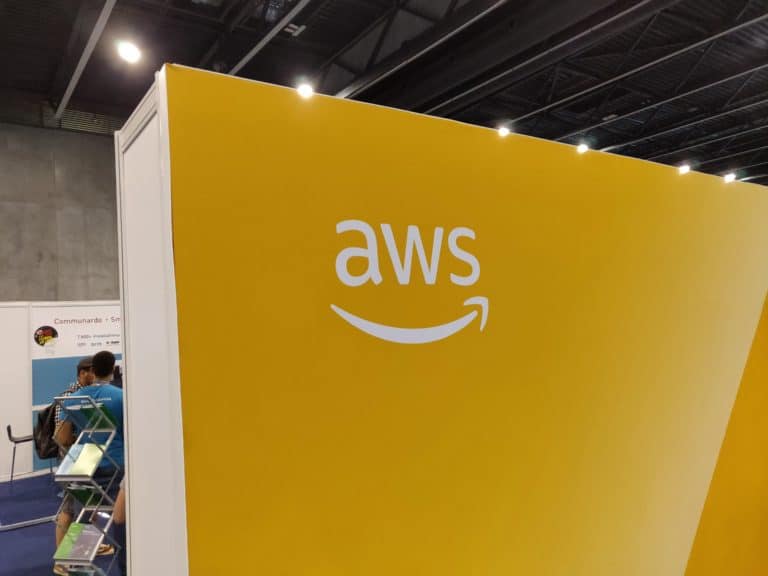Oracle is currently conducting a lawsuit against the U.S. government. The company feels that the process surrounding the JEDI defence project is not going well and that Amazon Web Services (AWS) benefits too much. And so it wants the judge to throw the trial open. AWS joins in a new twist with the U.S. government to defend itself.
Earlier this month, Oracle sued the U.S. government. The Ministry of Defence wants to switch to the cloud and is looking for a single provider. This is to the dissatisfaction of several large cloud providers, who think that the contract with a value of 10 billion dollars should be placed with several providers.
AWS and JEDI
Oracle’s lawsuit is about the fact that the process around JEDI RFP, as the project is officially called, is mainly in favor of Amazon. In addition, the company believes that the decision to choose only one provider is contrary to federal regulations. Two members of the JEDI team would also have to deal with conflicts of interest, due to previous ties with AWS.
Now AWS has decided to join the case. It states that because of a number of claims Oracle makes, it has a direct stake in the lawsuit. The paperwork submitted by AWS shows that Oracle specifically states that there is a conflict of interest around AWS. For this reason, AWS believes that it has direct and substantial economic interests. The judge approved this interference, which means that AWS is allowed to defend itself in court.
Earlier this year, Oracle filed a similar complaint with the Government Accountability Office. When last month ruled that there was nothing wrong with the JEDI trial, Oracle decided to go to court. That’s not surprising: the JEDI contract is one that little bit every major American cloud provider wants to win. But it is a contract that Amazon Web Services is ideally suited for, partly due to its experience with governments and cloud projects.
This news article was automatically translated from Dutch to give Techzine.eu a head start. All news articles after September 1, 2019 are written in native English and NOT translated. All our background stories are written in native English as well. For more information read our launch article.